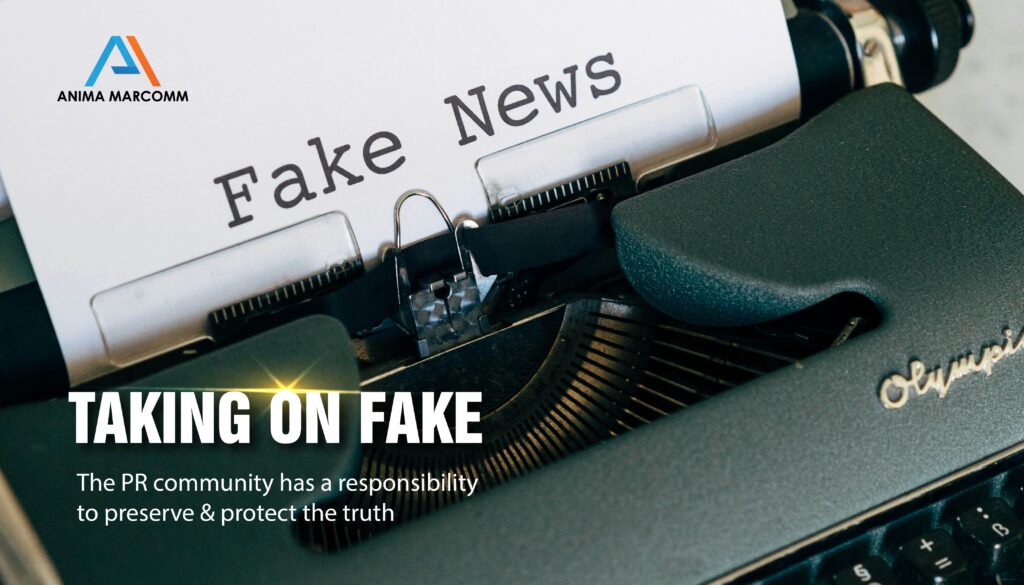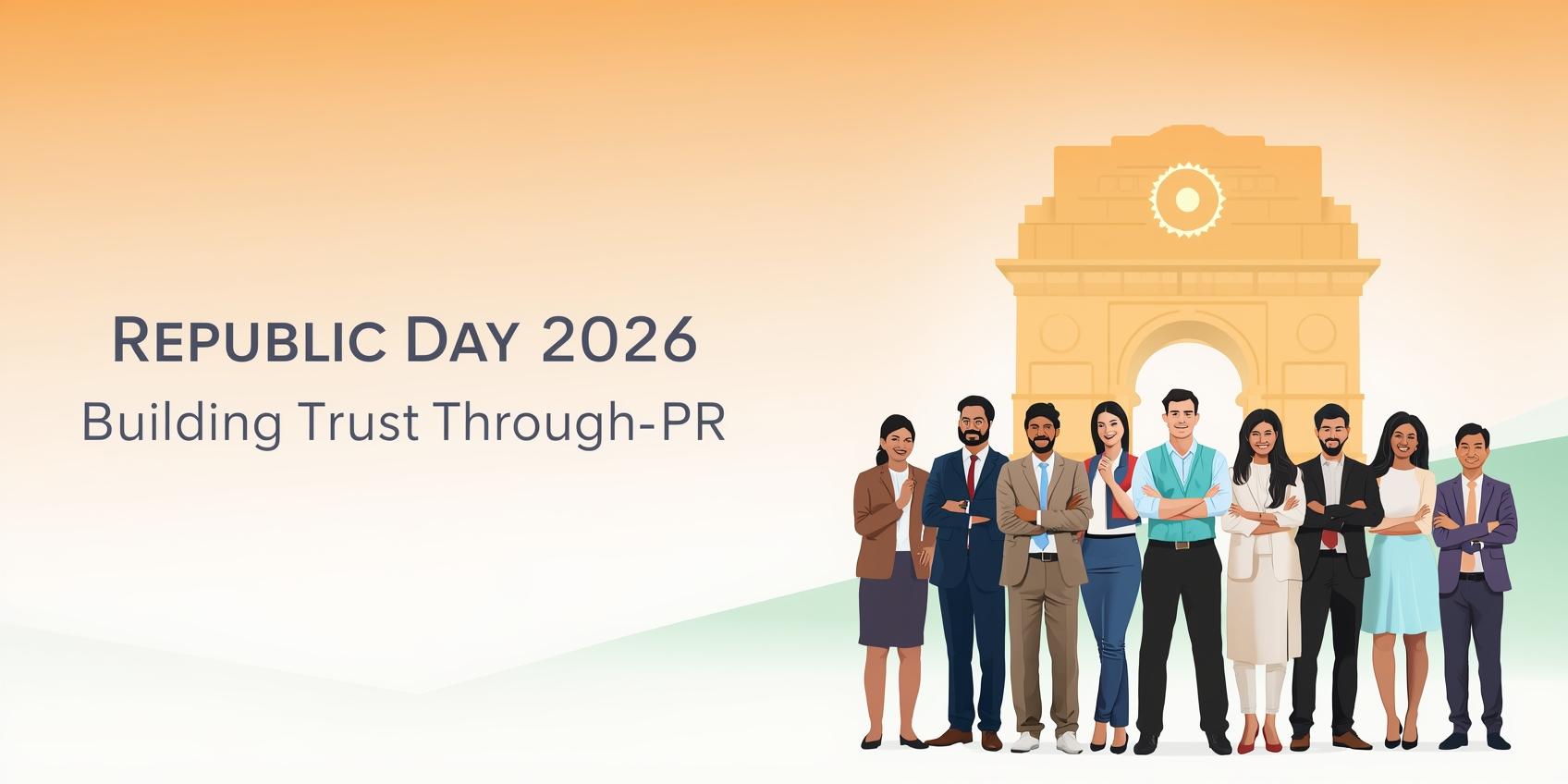In today’s digital age, misinformation spreads like wildfire, often causing chaos and panic among the public. Today, (Wednesday), several schools in Delhi-NCR received bomb threats via email, leading to widespread fear and confusion. While the police swiftly responded to the situation, it highlighted the dangers of fake news and the urgent need for effective communication strategies, especially during election times.
Fake news, misinformation, or hoax threat is often generated by outlets posing as legitimate media sources, spreading false or misleading information to deceive the public. When these efforts become organised and systematic, they evolve into disinformation campaigns with the potential to disrupt entire countries’ campaigns and governance.
During elections, when tensions run high and stakes are even higher, the spread of fake news can have severe consequences. Malicious actors may exploit the situation to manipulate public opinion, sow discord, and undermine the democratic process.
Effective communication becomes crucial in combating fake news during election time. Political leaders, government officials, and media organisations must work together to disseminate accurate information promptly and transparently. By promptly debunking false claims and providing credible updates, they can prevent misinformation from spreading and alleviate public fears.

Moreover, educating the public about the dangers of fake news and how to identify reliable sources of information is essential. Encouraging critical thinking and media literacy can empower individuals to discern fact from fiction and resist the influence of misleading narratives.
In a nutshell, amidst the proliferation of fake news, especially during elections, effective communication is key to preserving the integrity of the democratic process and maintaining public trust. By adopting proactive communication strategies and promoting media literacy, we can combat the spread of misinformation and safeguard our democracy.







